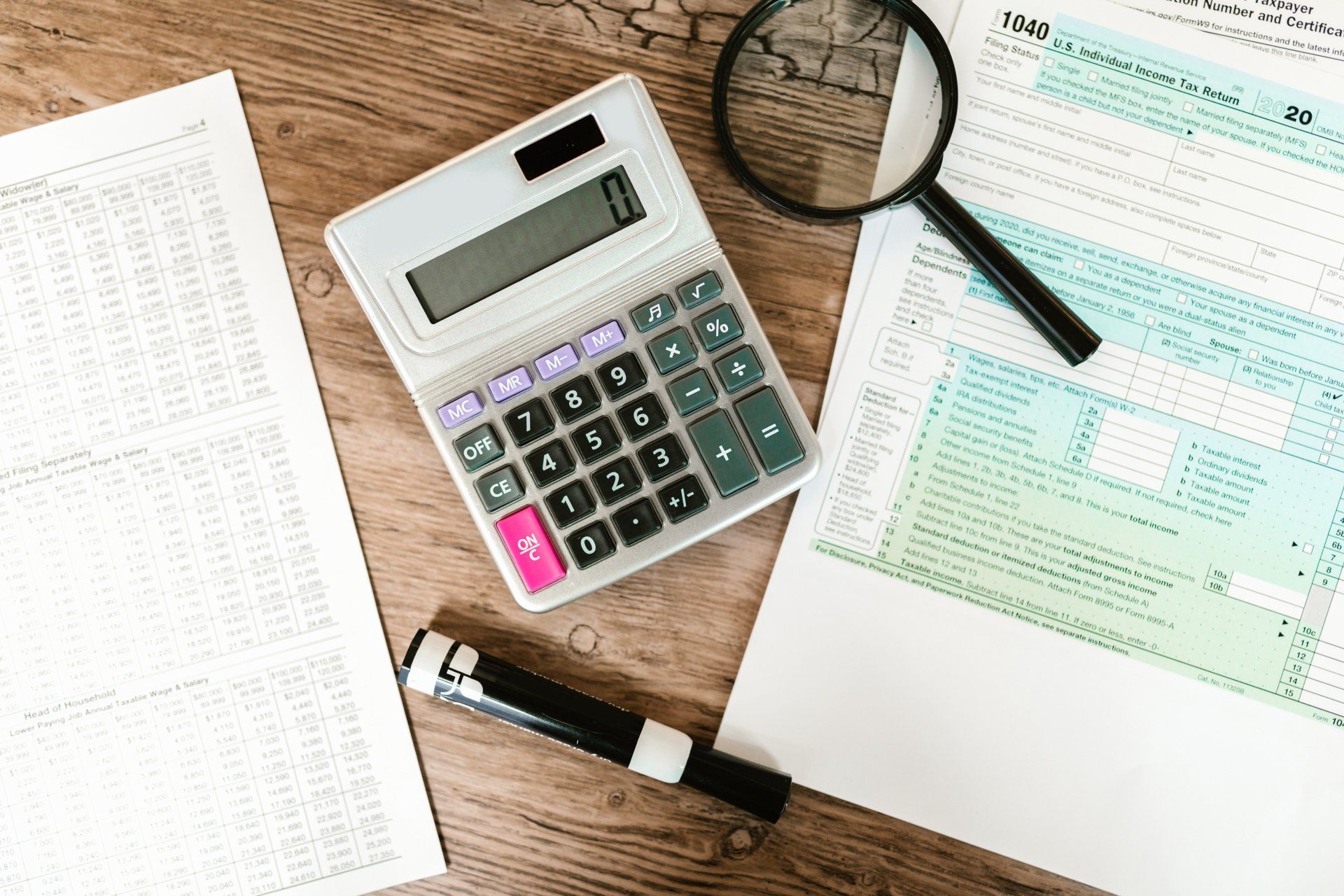Can You Get Tax Credits Overpayment Written Off?
Tax credit overpayments can happen for a few different reasons – but, most commonly, they happen if your circumstances change but you don’t tell HM Revenue and Customs (HMRC) in time.
If you’ve received tax credit payments but your entitlement has changed, you may end up with a tax credit debt.
In this guide, we’ll look at tax credit debts in more detail – including:
- What kind of situations can lead to a tax credit debt
- Can a tax credit debt be appealed against or written off?
- What you should do if you’ve realised you’ve had tax credits overpayments
- Some helpful contact details for HMRC
We’ll also answer a few commonly asked questions about overpaid tax credits, so you’ve got all the information you need to take your next steps.
Reliable , friendly people who care
"Very helpful people who took care to talk to me like i mattered and helped me set my debt recovery . I feel more positive going forward that im not struggling every week hand to mouth . They helped me all the way with the process and were always on end of a phone ready to help . I recommend them 100%"
What are tax credits?
Tax credits are a kind of benefit that the government pays to people, either:
- if you have children, and/or
- you earn under a certain amount
This means there are two different types of tax credit – working tax credit and child tax credit.
Tax credits are ‘means tested’ – which means the government considers your financial circumstances (including how much you earn and how much you have saved) before deciding how much you can get.
You can either claim by yourself or with a partner. If you claim with a partner, your combined income and circumstances will be means tested.
Tax credits are usually paid directly into your bank account every 4 weeks, by a direct payment.
Why might a tax credit overpayment happen?
Overpayments usually happen because of the way that HMRC works out your tax credit entitlement. How much they think you should be paid is based on your financial circumstances the last tax year.
The tax year runs between 6 April and the following 5 April. So, HMRC will look at your circumstances for this period to decide how much you’re going to be entitled to for the following 12 months.
If this estimate is too low, they could end up paying you more that you’re officially entitled to.
Other reasons for tax credit overpayments
Underestimating your following year’s financial circumstances is the most common reason tax credits are overpaid – but there are other reasons.
Late reporting
If you leave it too late to tell HMRC about a change that causes your entitlement to drop, you could get an overpayment. Typical changes might include changes in working hours or a child leaving full-time education.
Under-estimated earnings
If you underestimate how much you’re going to earn for the year, you might end up being paid too much working tax credit.
HMRC delays
If HMRC take too long to process changes they’ve been informed of, they may end up paying you too much.
Claimant error
If you make a mistake on a tax credit claim or renewal form, you could end up with tax credit overpayments.
HMRC error
If HMRC make an error (whether that’s a system problem or a human error) with their tax credits system, you may end up with more than you’re entitled to.
HMRC investigation
HMRC sometimes starts investigations if they feel like someone has tried to misrepresent their circumstances to claim more than they’re entitled to.
Late renewal forms
If your claim form or renewal form is sent to HMRC late, they may end up working off out-of-date information and therefore make a tax credit overpayment.
Do you have to pay back tax credit overpayments?
In short, yes, you have to pay back any tax credit overpayments that have been made.
As far as HMRC are concerned, if you’ve been paid something that you’re not entitled to, it will need to be recovered from you.
As you can see, there are numerous reasons why you might get tax credit overpayments – from HMRC mistakes right through to investigations around possible fraud.
Unfortunately though, it doesn’t matter who is to blame for your overpayment. Whether it’s a problem with the info you give HMRC or something they’ve done wrong, you’ll still be expected to pay any overpayment back.







